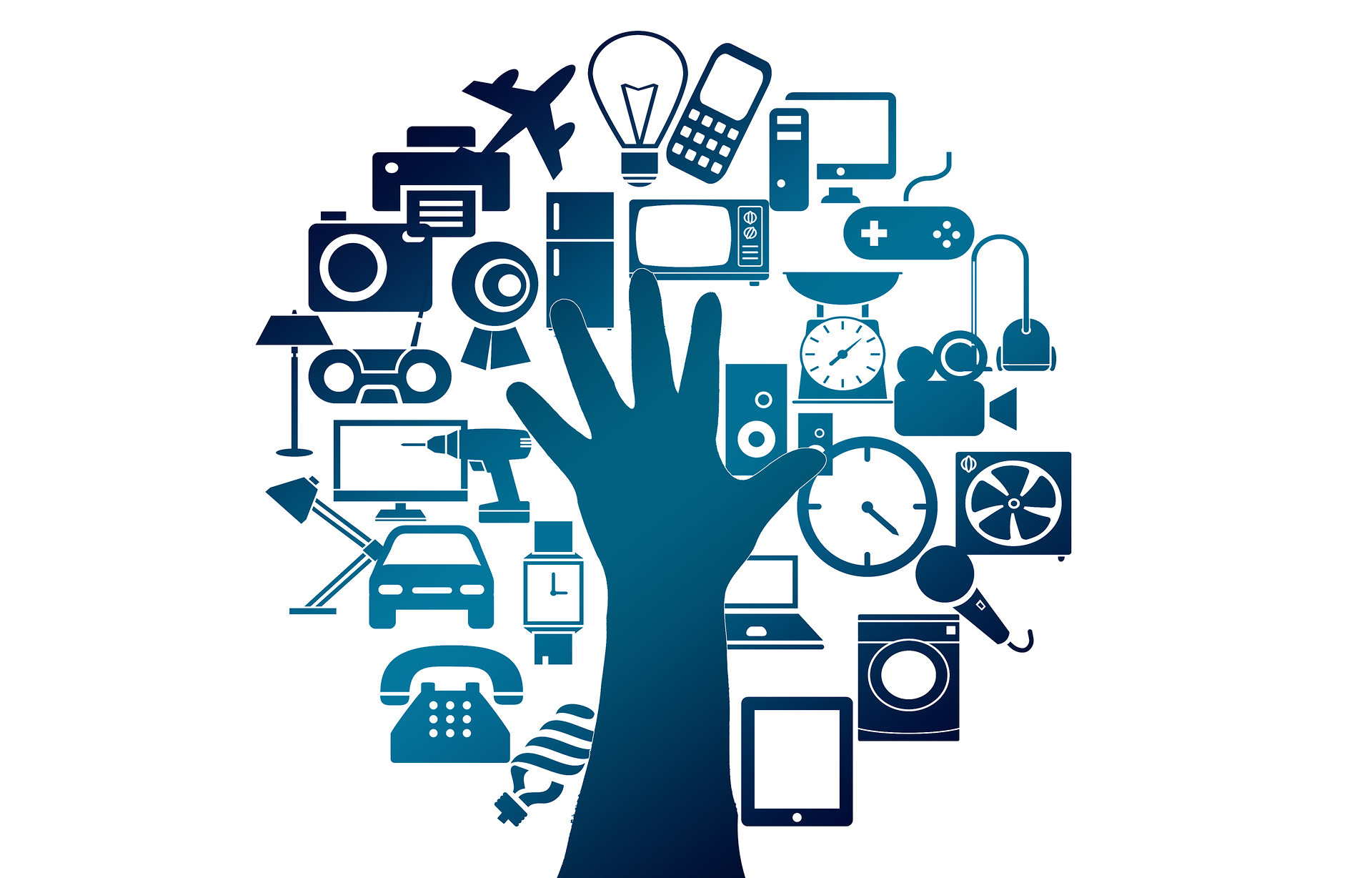 EMERGING TECH
EMERGING TECH
 EMERGING TECH
EMERGING TECH
 EMERGING TECH
EMERGING TECH
The United States government needs to formulate a national strategy for the Internet of Things to guide global standards and determine the best use of radio spectrum and other infrastructure assets.
That’s the chief finding of a new report from the Commerce Department published Jan. 12. The report by Commerce’s National Telecommunications and Information Administration notes that security remains a critical issue, citing last year’s Mirai botnet as an example of what can happen when connected devices are left vulnerable.
“IoT raises the stakes significantly,” the report notes, because cyberattacks such as this “can now affect medical devices, supply chain reliability and cars driving down the highway, raising the real possibility of physical harm.” In the past, these kinds of attacks have usually been restricted to industrial control infrastructure, the report added.
The best way to beef up security and work out the interoperability issue is to have the federal government take on the role of promoting technical standards, the report argues. In addition, the government should help to “seed the market” for new IoT applications, while helping to deal with sticky issues around data privacy.
Interestingly, the report left a bit open what exactly the Internet of Things is. It invited experts to have a go at defining it, and while some did so, others said that there’s little reason in having a strict definition now because that would be “putting the cart before the horse.”
While some went for the most obvious definitions – for example, that the IoT is a collection of connected devices or it refers to the integration of sensors and networks – IBM Corp. focused more on its data attributes. It defined the IoT as “a growing range of Internet-connected devices that capture or generate an enormous amount of data every day along with the applications and services used to interpret, analyze, predict and take actions based on the information received.”
Meanwhile, telecoms firms preferred to focus on the IoT’s networking properties. Vodafone Group Plc. defined it as a “dynamic global network infrastructure with self-configuring capabilities based on standard and interoperable communication protocols that connects to smart things.”
Several leading think tanks have also begun paying attention to the IoT in an effort to shape U.S. technology policies, the report revealed. “The Department of Commerce has built a strong case for a proactive and coordinated effort throughout the federal government to support the Internet of Things on a national scale,” said Daniel Castro, director of the Washington-based Center for Data Innovation.
The think tank, which published its own report in December that also called for greater cooperation on IoT, said the government should lend its support to a “predictable and minimalist regulatory environment,” while simultaneously fighting against efforts to restrict the flow of data across borders. The last statement refers to efforts by some European governments to limit the transfer of people’s personal data to U.S.-based data centers by forcing companies to store data in the country of origin. This, the think tank contends, would limit the usefulness of the IoT.
The Commerce Department says it’s now requesting feedback on its report in order to develop an inter-agency approach to promote the rollout of the IoT.
Support our mission to keep content open and free by engaging with theCUBE community. Join theCUBE’s Alumni Trust Network, where technology leaders connect, share intelligence and create opportunities.
Founded by tech visionaries John Furrier and Dave Vellante, SiliconANGLE Media has built a dynamic ecosystem of industry-leading digital media brands that reach 15+ million elite tech professionals. Our new proprietary theCUBE AI Video Cloud is breaking ground in audience interaction, leveraging theCUBEai.com neural network to help technology companies make data-driven decisions and stay at the forefront of industry conversations.